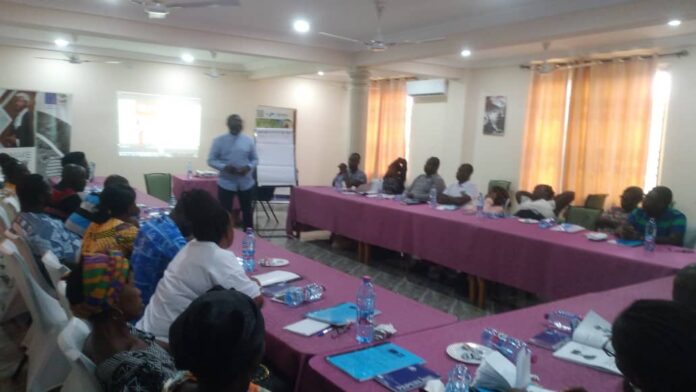A civil society organization, A ROCHA Ghana, in collaboration with its partners, has organized a two-day residential capacity-building workshop for community groups, individuals, and media representatives in mining areas. The workshop, held under the Building Resilient and Active Communities in Extractive (BRACE) Landscapes initiative, aimed to empower stakeholders to assert their rights and advocate for environmental protection.
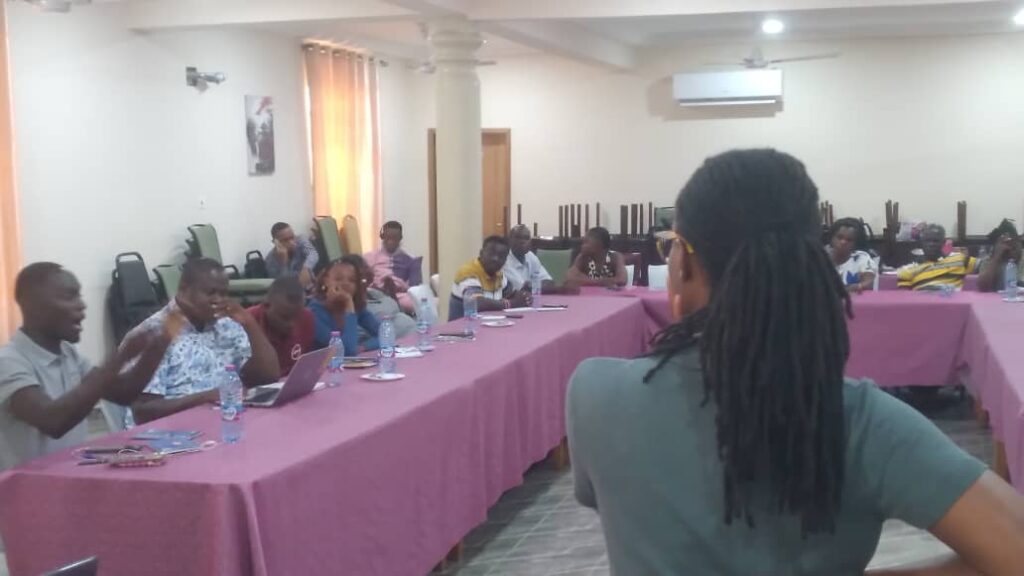
Mining, especially illegal mining, commonly known as galamsey has become a major concern across many communities in Ghana due to its devastating effects on water bodies, forests, the environment, and local populations, often resulting in displacement and human rights violations.
The BRACE initiative seeks to strengthen the knowledge and capacity of host communities affected by mining operations. It provides them with the tools to demand accountability, promote responsible mining practices, and protect their environmental and human rights.
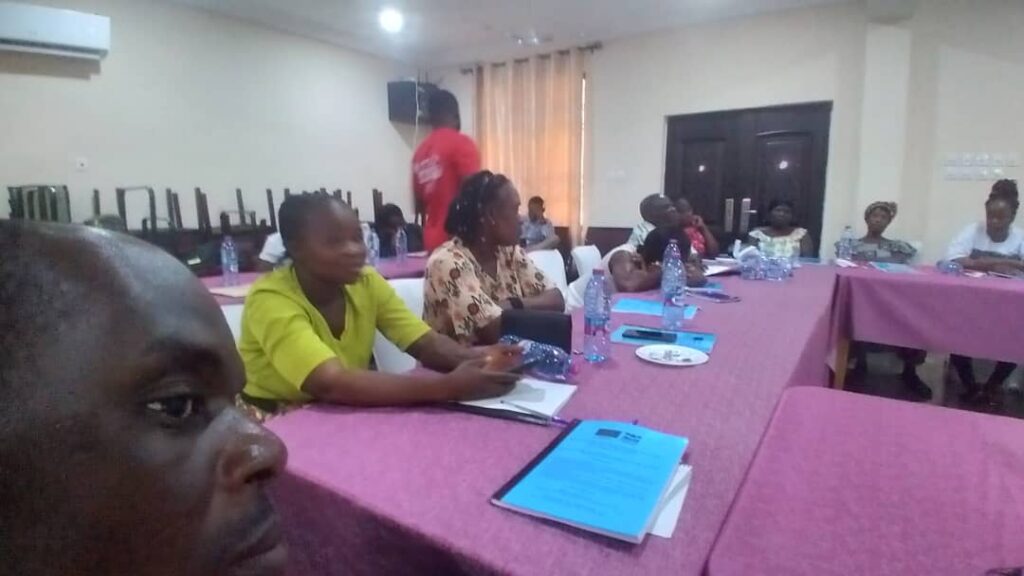
Participants in the two-day training included representatives from community-based organizations, women’s groups, community leaders from the Eastern Region, and members of the media. They received practical skills to advocate for adherence to proper procedures by mining companies, regulatory agencies, and traditional authorities, thereby promoting improved resource governance and enhanced community resilience.
The training covered a wide range of topics, including Ghana’s extractive and environmental landscape, roles and responsibilities of regulatory authorities, land interests and legal frameworks for resource extraction, types of mining licenses and community impact assessment processes.
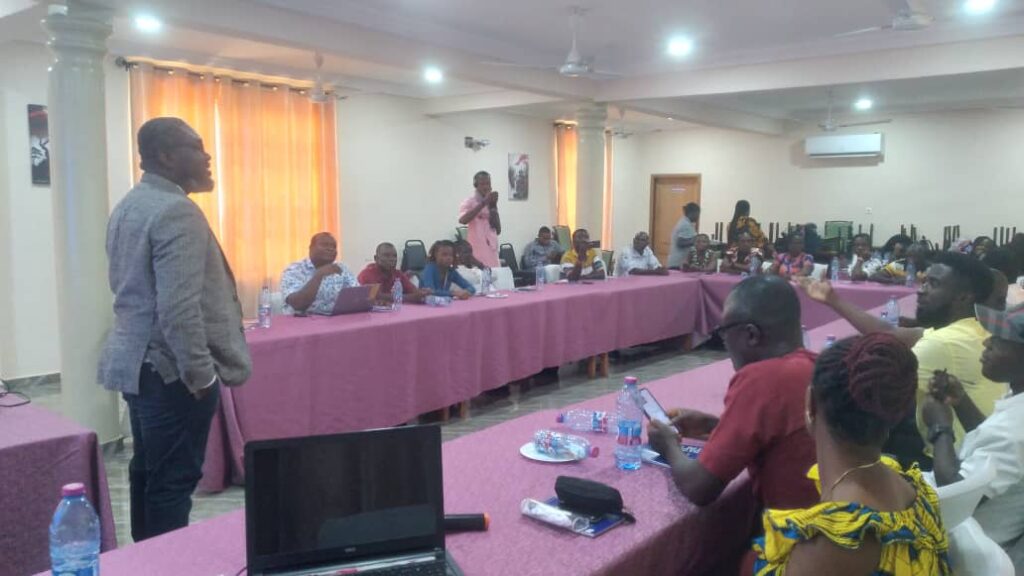
The rest of the topics are rights to compensation under mineral rights, resettlement processes and mechanisms, advocacy strategies and collective action, accountability mechanisms and the right to Free, Prior, and Informed Consent (FPIC).
Additionally, the workshop provided a platform for experience sharing among participants and introduced them to legal support systems available to assist with grievances related to mining activities.
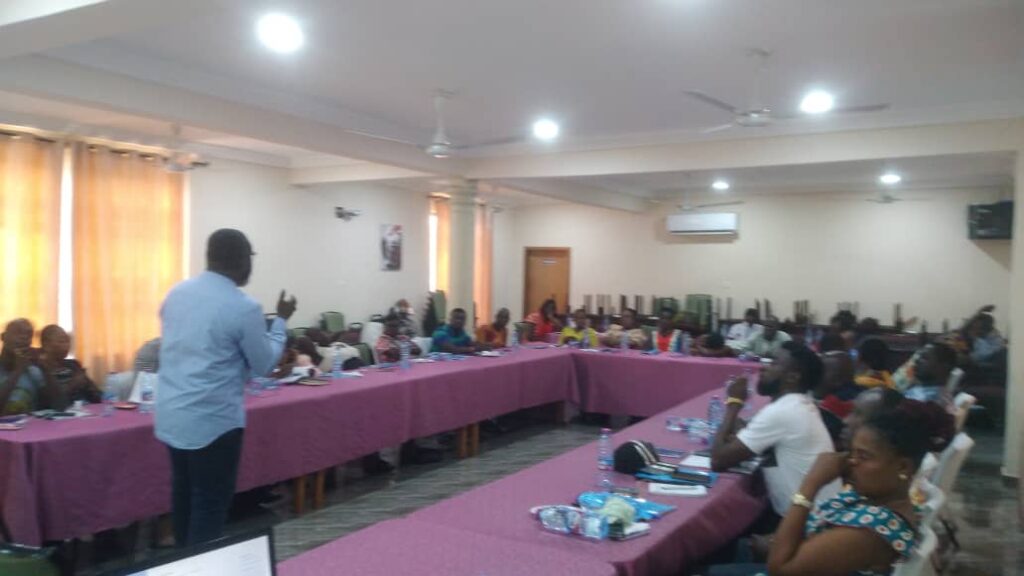
Participants expressed deep appreciation to A ROCHA Ghana and its partners for the eye-opening experience, noting that the training had equipped them with critical knowledge to better defend their land and environmental rights.
A ROCHA Ghana leads the implementation of the BRACE initiative in collaboration with the Nature Development Organization and WACAM, with funding support from the European Union.
The training sessions were conducted by Merton and Everett LLP.
About the BRACE Initiative
The Building Resilient and Active Communities in Extractive (BRACE) Landscapes project aims to enhance the knowledge, capacity, and advocacy skills of target groups to hold both state and private sector actors accountable for violations of environmental and human rights related to extractive activities, facilitate access to justice for local communities whose lands and environmental rights have been violated or are under threat.
It also aimed at ing mechanisms for direct engagement between communities and duty-bearers to strengthen the defense of environmental rights.


